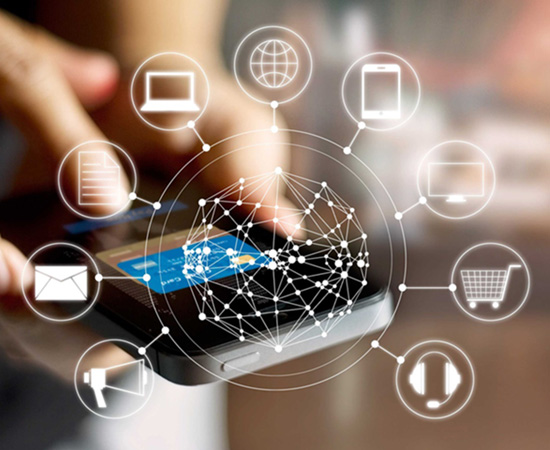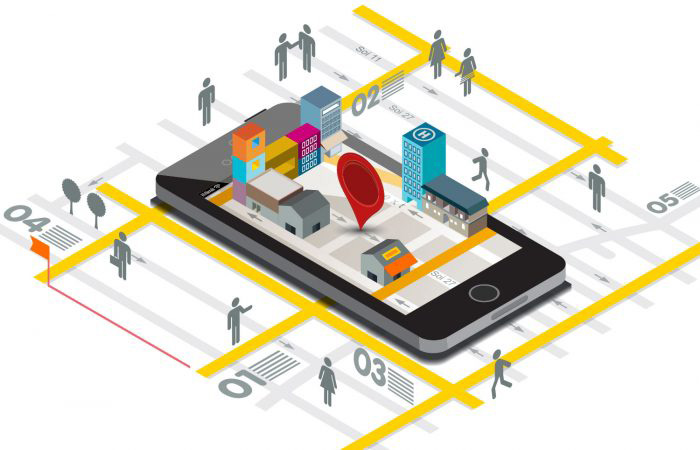Overview
“Place” or “location” matters. It fundamentally influences and connects our ways of doing business. Every place on this earth is a location. And with GPS technology, you wouldn’t be too off the mark if you said: “Every move you make… every step you take, I'll be watching you...Every single day, every game you play, I'll be watching you....”.
Location means different things to different people - it’s a red point on the map from where your Uber driver picks you up and drops you. Or a Facebook check-in at your favorite restaurant or movie theatre, or virtual ‘Go inside the Game of Thrones in Belfast and Northern Ireland.’ Does this ring a bell? I’m sure you can think of more such examples of locations.
Location also means serious business - Look at Google Maps, it has made location its business and tripled it over a short span of time. Can you imagine life in a new city without Google Maps or how ambulances reach a destination so quickly? Have you ever thought about how life has become so easy thanks to e-commerce sites like Amazon, etc. Today, you have the ability to buy anything from any place and at any time and have it delivered to you — all with just a click of a button… and a credit card of course. Thanks to digitization, small and medium scale companies located in extremely remote areas are delivering products to people all over the world.

In a world where almost everything is governed by the Internet, multiple business sectors realised that they have enormous amount of complex data — in terms of volume, velocity, and variety — coming into their databases through various sources. This data revealed a pattern or trend relating to human behaviour. This data helps an organisation provide a more personalised experience to its consumer through advanced analytics and CRM.

elephant in the room — what’s next?
Digital revolution has made humans highly demanding. They want businesses to understand ‘everything without them saying a word’. So what more can a business do to cater to the user’s needs? Businesses are bent on providing more personalised experiences to consumers by tracing them through sensors, which gives a rise to ‘geographic business data’. It empowers organizations across various industries to combine traditional BI data with spatial data i.e. location specific, collected using various data sources such as cameras, sensors, GPS, mobile devices, social media channels, etc. into a valuable insight through a more visual approach.
Business without Location is not a Business Anymore
- SOFTWARE:
- Geocoding and Reverse Geocoding
- Thematic Mapping
- Data Integration and ETL
- Reporting and Visualization
- SERVICE:
- Consulting Service
- System Integration and Deployment
- Data Maintenance and Creation
- Sales and Marketing Optimization
- Consumer Insights
- Risk Management
- Emergency Response Management
- Remote Monitoring
- Inventory Management
- Healthcare and Life Sciences
- BFSI
- Retail and Consumer Goods
- IT and Telecommunication
- Transportation
- Media and Entertainment
- Energy and Utility
- Academia and Research
- Indoor Location
- Outdoor Location
